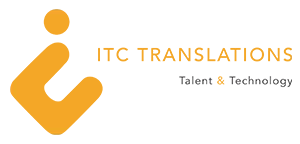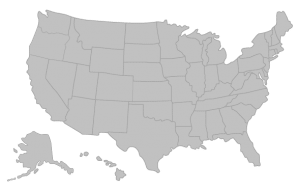2024 Olympic Games in Paris Celebrate Sports and Linguistic Diversity
Linguistic diversity at the Olympic Games is a fundamental aspect of this global event, which brings together athletes, officials and the media, as well as more than 11 million tourists from around the world, highlighting the global community’s linguistic richness while celebrating excellence in sports.
During July and August 2024, Paris will transform into a majestic theater for the 206 nations gathering to celebrate athleticism. Media coverage plays an essential role in building bridges between the different languages and cultures represented. More than 26,000 written press, TV and radio journalists will get in on the action to provide commentary, interviews and detailed reporting.
Unlike previous Games, Paris 2024 will only have two official languages, French and English, in strict conformity with the Olympic Charter. This simplified approach facilitates smooth communication without adding a third language, as was the case in Tokyo.
Journalists at the Olympics will be tasked with capturing the event’s linguistic and cultural diversity while satisfying the expectations of an information-hungry global audience. This makes media coverage a key aspect of bringing the Olympic Games to life beyond the sports venues, enabling the entire world to share in and celebrate this incredible time through:
- Multilingual translations: Organizers supply translations in multiple languages to make sure all stakeholders have access to key information. Documents like regulations, official announcements and safety information are provided in various languages, including French and English.
- Multilingual ceremonies: The opening and closing ceremonies often feature multiple languages to reflect the diversity of nations represented. Speeches, commentary and other elements are presented in different languages to celebrate this global aspect.
- Interpretation at events: The International Olympic Committee provides professional and volunteer interpreters during competitions and events to facilitate communication and understanding among participants, coaches, officials and media outlets.
- Cultural resonance: Linguistic diversity mirrors the diversity of global culture, with speeches, interviews and interactions reflecting the cultures that are present to create an inclusive environment.
- Media communications: Media outlets play an essential role during the Olympic Games and language diversity is taken into consideration when events are broadcast. Sports commentary, interviews and reporting are provided in different languages to reach a global audience. The decision to set French and English as the official languages of these Olympic Games is based on the charter and ensures that all announcements and communications during the event will be in French and English.
Linguistic diversity at the Olympic Games clearly goes beyond a simple logistical requirement, becoming a manifestation of inclusion and respect for cultural identities, as well as a celebration of our multifaceted world brought together through sports.
















Leave a Reply
Want to join the discussion?Feel free to contribute!